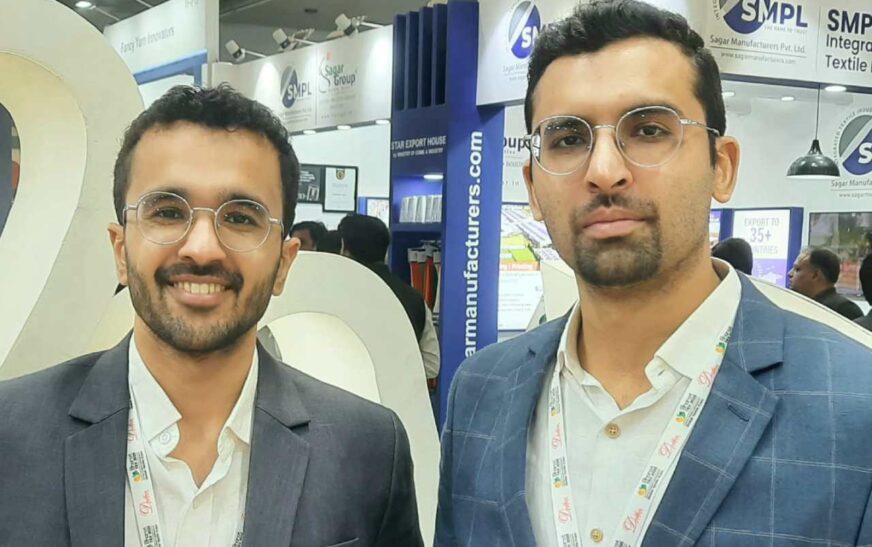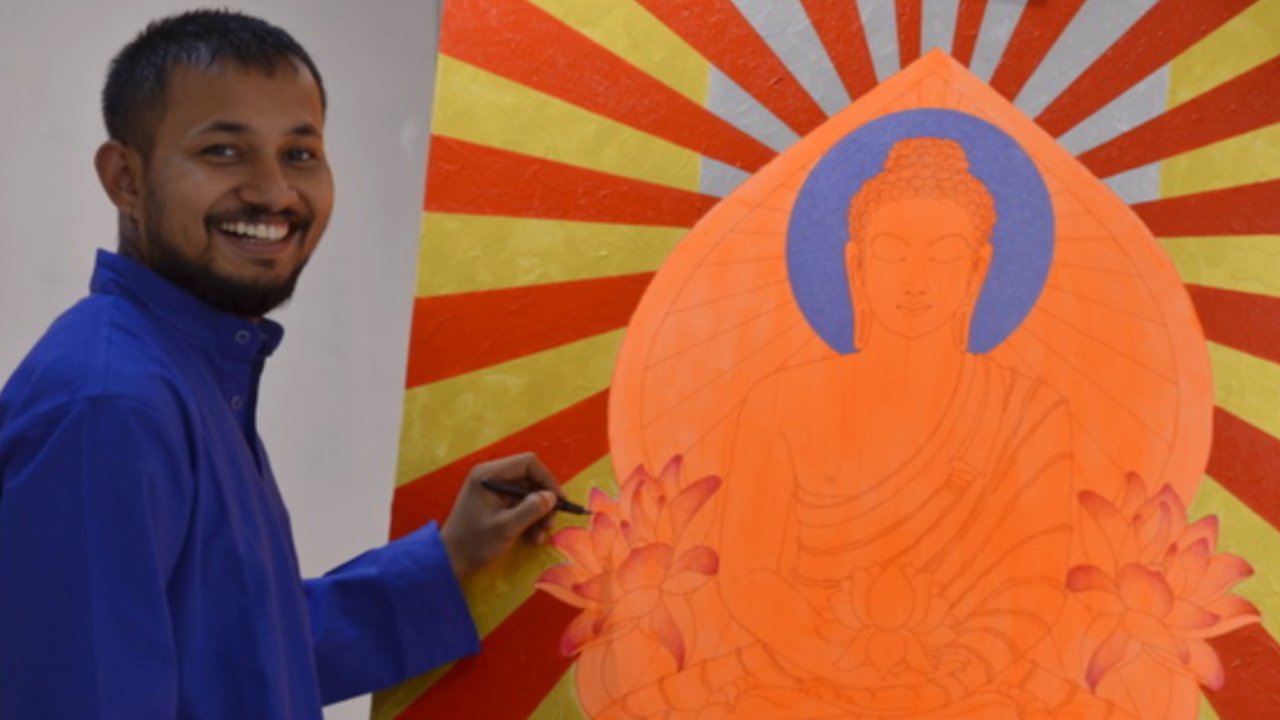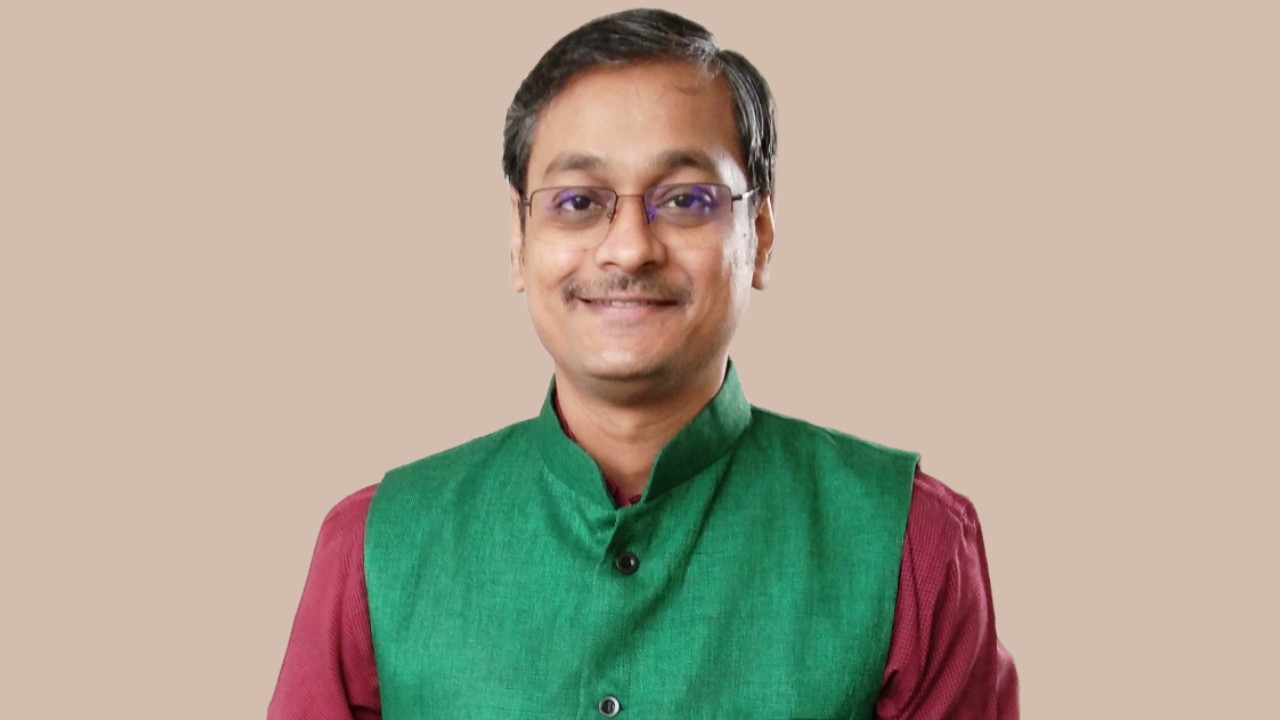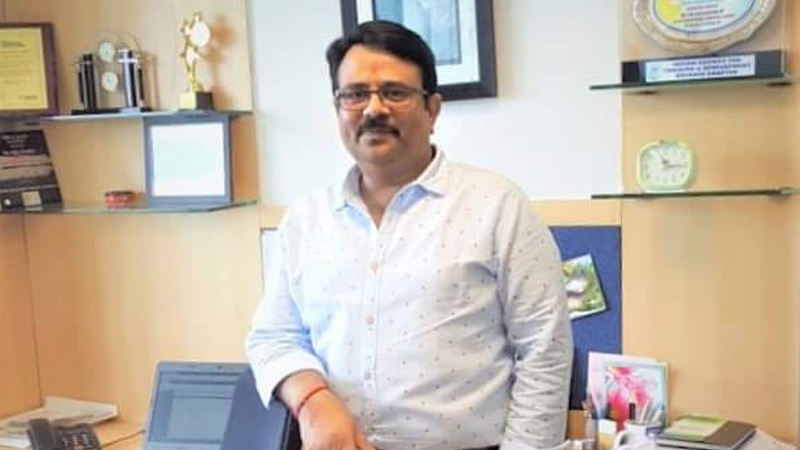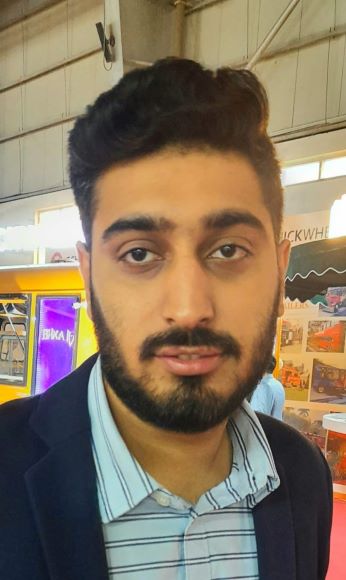Texventures stands at the forefront of the linen and hemp industry, delivering premium-quality products with precision and expertise. Backed by a team of seasoned professionals with deep technical and commercial acumen, the company has cemented its position as a leading supplier of linen and hemp yarns. Now, Texventures is expanding its portfolio to include a diverse range of natural and sustainable yarns and fabrics, catering to the evolving demands of the textile industry.
As the exclusive business partner of Kingdom Holdings Ltd.—the world’s largest manufacturer of 100% wet-spun linen yarns—Texventures plays a pivotal role in supplying markets across India. Their extensive product line spans fibers, yarns, and a versatile selection of fabrics, including woven, circular knit, and flat knit textiles. These fabrics are designed for multiple applications, from apparel and home textiles to medical textiles and bathrobes.
Driven by an unwavering commitment to quality and innovation, Texventures crafts products that seamlessly align with each client’s unique style and brand identity. Their relentless pursuit of excellence and sustainability has positioned them as industry leaders. By continuously introducing groundbreaking products, services, and ideas, the company upholds its core values while shaping the future of natural textiles.
At Bharat Tex 2025, The Interview World engaged in an exclusive conversation with Suneet Mehta and Siddharth Mehta, Directors of Texventures Pvt. Ltd. They delved into the integration of hemp into sustainable yarns and fabrics, highlighting its advantages in both performance and sustainability. They also explored key opportunities for expanding the adoption of hemp-based products and outlined strategic approaches for innovation, sustainability, and business growth. Here are the key takeaways from their insightful discussion.
Q: How are you integrating hemp into your natural and sustainable yarns and fabrics, and what advantages does it offer in terms of sustainability and performance?
A: Kingdom, a leading spinning mill based in China, operates in partnership with Texventures, its exclusive business associate in India. We manage all their operations here. Kingdom ventured into the textile business decades ago; however, it started hemp yarn spinning around 2016–17. Over the past five years, Kingdom has developed a strong presence in the Indian market for hemp yarn. Furthermore, our hemp yarns deliver sustainable alternatives to conventional textiles in terms of fashion and durability.
Hemp stands out as a superior eco-friendly option compared to cotton and even linen, a long-established fabric. It offers distinct advantages, including greater strength, enhanced durability, reduced hairiness, and improved uniformity in the yarn. Additionally, its cultivation requires significantly less land than linen or cotton to produce the same volume of fiber. It also absorbs nearly four times more carbon dioxide than the average tree, making it a powerful tool in combating climate change. Shifting to hemp not only ensures high-quality fabric but also promotes sustainable farming practices, reinforcing the urgent need for environmentally responsible textile solutions.
Q: What is your annual hemp production volume, and is it primarily consumed within India, or do you cater to international markets as well?
A: Kingdom currently produces 4,000 tons of hemp yarn annually. We exclusively manage its operations in India, where the entire production is consumed within the domestic market.
Q: What key opportunities do you see for the growth and adoption of hemp products across various industries?
A: Hemp presents a significant opportunity in India as awareness of climate change continues to grow. People increasingly recognize the environmental impact of global warming, experiencing its effects firsthand. As a result, they are actively seeking sustainable alternatives. With the textile industry ranking as the world’s second-largest polluter, consumers are becoming more conscious of its environmental footprint. This rising awareness is driving demand for eco-friendly solutions, positioning it as a viable and promising alternative in the Indian market.
Q: How cost-effective is hemp when blended with cotton and other materials, and how does it impact the overall quality and sustainability of the fabric?
A: Hemp is not a cost-effective alternative to other fibers; in fact, it is even more expensive than linen. Currently, no hemp-blend product can compete with linen or its blends in terms of affordability. This is unlikely to change for at least the next five years. Its supply chain remains smaller than linen’s, with limited farming and restricted fiber availability. As a result, prices will not drop below linen anytime soon. In essence, hemp remains a niche product.
Q: Where do you envision Kingdom in the next 5 to 10 years in terms of innovation, sustainability, and business growth?
A: Kingdom, with its long-standing expertise in linen, has seamlessly translated its innovation into hemp. The manufacturing process is already well-established, from fibre selection to advanced spinning practices, ensuring high-quality output. The challenge now lies in scaling volume, which will expand gradually. As awareness grows and more brands enter the market, mainstream adoption will play a crucial role in driving demand. Only when major brands fully embrace hemp will production volumes see significant growth. While this shift is inevitable, it will progress at a slower pace.


